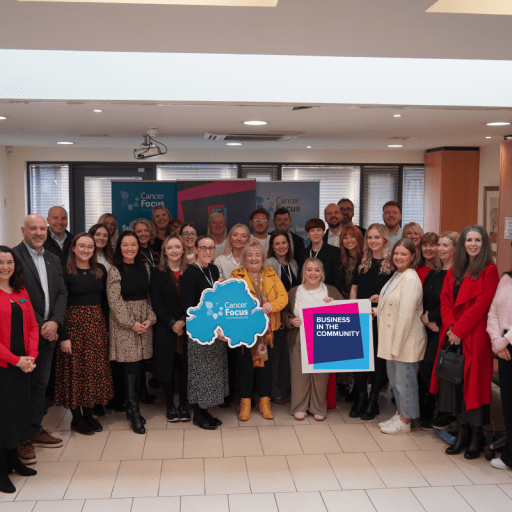
The British Dental Association and Cancer Focus Northern Ireland urge funding of the Northern Ireland 10-Year Cancer Strategy
The British Dental Association Northern Ireland has stressed the authorities must act to rebuild access to NHS dentistry, amid reports that many oral cancer cases are now being picked up at a late stage as a result of ongoing access problems.
Dentists on the frontline in the battle with the condition, with the tell-tale signs often picked up at a routine check-up. Early detection results in a roughly 90% survival rate, compared to a 50% survival rate for delayed diagnosis. Oral cancer rates in Northern Ireland have been on an upward trend since the early 1990s, while the number of deaths has almost doubled.
While people who are at ‘higher risk’ of mouth cancer can be identified (older, smokes tobacco, heavy alcohol intake), there is significant growth in cases from Human Papillomavirus (HPV) who are generally younger, do not usually smoke and drink little or no alcohol.
Mr. Peter Gordon, a head and neck cancer surgeon at the South Eastern Health and Social Care Trust who treats people with mouth cancers, said:
“If you have a symptom or any concerns – it’s vital to get an appointment with your dentist or GP to have it examined as soon as possible.”
“More than half the people who come to our clinics with a new mouth cancer present at a later stage. When mouth cancer is advanced it makes treatment more complex and less successful.
Ciara Gallagher, Chair of the British Dental Association’s Northern Ireland Dental Practice Committee added:
“This condition claims more lives than car accidents. When a simple check-up can save a life, no patient in Northern Ireland should struggle to access dental care.”
The BDA and Cancer Focus Northern Ireland are pushing for a fully-funded Cancer Strategy, alongside a clear action plan to halt the demise of NHS dentistry. The exodus from the service is accelerating. With the high volume/low margin model, the service works to leaving some practices delivering NHS care at a financial loss.
Richard Spratt, Chief Executive of Cancer Focus Northern Ireland, commented:
“Dentists are at the frontline of mouth cancer detection. We are glad that the Cancer Strategy recognises this, and we would like to see it funded so that dentists can be empowered to contribute to cancer prevention, detection and treatment.”
Cherith Semple, Professor in Clinical Cancer Nursing at Ulster University and the South Eastern Health and Social Care Trust, added:
“We are keen to promote public awareness of the signs and symptoms of mouth cancer, in the hope that more people will be diagnosed and treated earlier. Detecting mouth cancer early makes it more treatable, with a higher chance of surviving the cancer and less effects on important aspects of everyday life such as eating and speaking.”
There are an estimated 213 cases of oral cancer in Northern Ireland each year. For more information on these cancers, visit www.cancerfocusni.org/mouthcancer.







